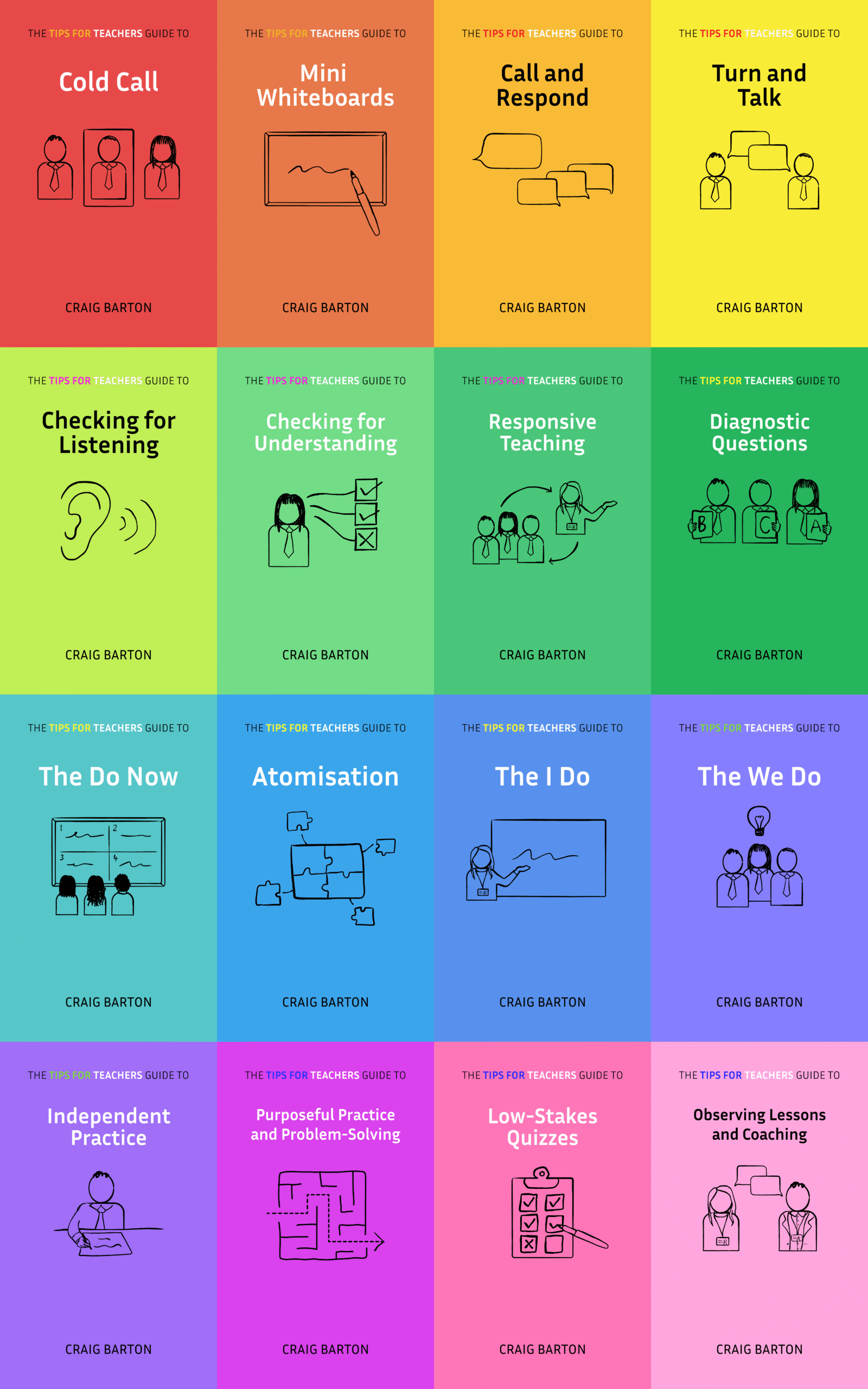
- Title: A Meta-analytic Review of the Effectiveness of Spacing and Retrieval Practice for Mathematics Learning
- Authors: Ewan Murray, Aidan J. Horner & Silke M. Göbel
- Access the original paper here
- Watch a video overview:
Paper summary
This meta-analysis synthesizes existing research to examine the effectiveness of spacing and retrieval practice in mathematics education. The authors investigate whether spreading out study sessions (spacing) or actively recalling information (retrieval practice) improves mathematics learning compared to massed practice or restudying. Their findings suggest that spaced practice generally enhances mathematics retention, with a more pronounced effect for isolated concepts versus material embedded in a course. However, the evidence for the robust impact of retrieval practice alone in mathematics is inconclusive, potentially due to a limited number of dedicated studies.
If teachers remember one thing from this study, it should be…
Teachers should remember that spacing out mathematics practice over multiple sessions robustly improves learning and retention, for both isolated material and within a course. While retrieval practice shows promise, its effect in mathematics learning is not yet conclusively robust.
***Paper Deep Dive***
Define any technical terms used in the paper
Interleaving: The practice of mixing different topics and skills during practice sessions.
Spacing Effect (Distributed Practice): Spreading out practice over multiple sessions, which leads to better retention compared to massed practice.
Massed Practice: Concentrating all practice within a single session.
Retrieval Practice (Testing Effect): Actively retrieving information from memory, which generally improves retention more than restudying.
Robust Effect: An effect is considered robust if its 95% confidence interval does not cross zero, indicating consistent statistical significance.
What is the difference between spaced practice and retrieval practice?
Spaced practice refers to the scheduling of learning spread out over multiple sessions rather than a single massed session, whereas retrieval practice refers to the active cognitive act of recalling information from memory rather than passively restudying it.
What are the characteristics of the participants in the study?
Participants included a wide age range, from approximately 9 to 24 years old. They were primarily from the USA, Germany, UK, Netherlands, and Ireland. Educational settings varied, encompassing primary, secondary, and university levels, as well as adult populations outside university.
What does this paper add to the current field of research?
This meta-analysis provides the first specific synthesis of retrieval practice versus restudy in mathematics, finding the effect is not statistically robust. It confirms a reliable small-to-medium benefit for spaced practice, distinguishing between isolated and course-embedded designs, while noting the effect is smaller than in other domains.
What are the key implications for teachers in the classroom?
Based on the study, here are the key implications for teachers in the classroom:
Consider Access to Materials: For retrieval practice, it’s important to consider whether students have access to notes or other materials during practice, as relying on external guides rather than memory retrieval might reduce the benefit.
Prioritise Spaced Practice: Teachers should primarily focus on spacing out mathematics practice over multiple sessions rather than concentrating it into a single “massed” session. This approach robustly improves learning and retention for mathematics material.
Benefits Across Learning Contexts: The benefits of spaced practice apply to both learning isolated mathematical procedures or skills and to material embedded within an ongoing course. Although the effect might be numerically smaller for course-embedded material, it remains robustly beneficial.
Counteract Massed Textbook Layouts: Many mathematics textbooks are structured in a massed manner, presenting all questions on a topic immediately after it’s learned. Teachers should actively integrate spaced practice to counteract this, for instance, by revisiting topics across different sessions.
Interleaving’s Role: When spacing practice within a course, it naturally involves interleaving (mixing different topics and skills). This interleaving provides an additional benefit by helping learners discriminate between different question types.
Retrieval Practice Needs More Evidence in Mathematics: While retrieval practice (testing effect) is powerful in other domains, the current literature does not provide conclusive evidence for a consistent and robust effect specifically for mathematics learning when compared to restudying. Teachers should be aware that while it’s not proven ineffective, its robustness in mathematics is less established than spacing.
Why might teachers exercise caution before applying these findings in their classroom?
Teachers should exercise caution because retrieval practice’s effectiveness in mathematics is not robust, with its 95% confidence interval crossing zero. The study also found the spacing effect to be numerically smaller for mathematics than typically observed in other domains. Furthermore, in classroom settings, it’s often unclear if students genuinely retrieve information or simply rely on accessible notes, potentially diminishing the effect. There’s also some indication of publication bias in course-embedded studies.
What is a single quote that summarises the key findings from the paper?
“Overall, our results suggest that spaced practice can improve mathematics learning for material in isolation and within a course. However, the current literature does not provide conclusive evidence for a consistent effect of retrieval practice for mathematics learning, possibly due to the smaller number of studies available.”








